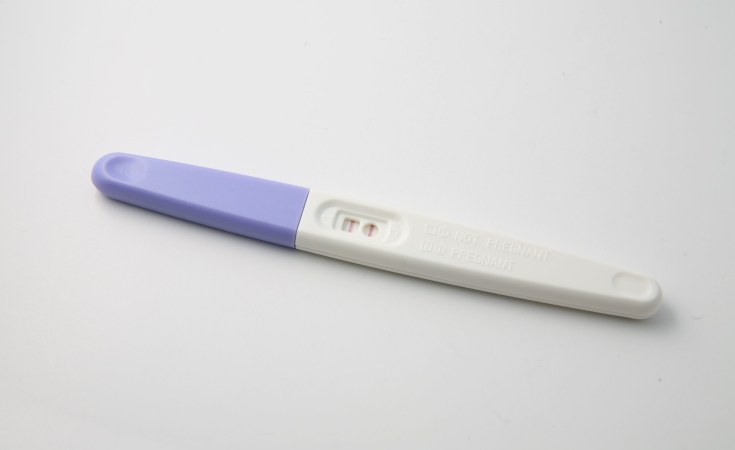Key findings of the report indicated that gender inequality and stalled development drive high rates of unintended pregnancies
The 2022 State of World Population (SWOP) Report released by the UN Population Fund (UNFPA) states that nearly half of all pregnancies, totalling 121 million each year throughout the world, are unintended.
The information contained in the report was announced in a statement by the Media Associate of UNFPA Nigeria, Kori Habib, in Abuja on Tuesday.
Ms Habib stated that the annual SWOP Report, which has "Seeing the Unseen: The case for action in the neglected crisis of unintended pregnancy" as its 2022 theme, warns that this human rights crisis has profound consequences for societies, women and girls and global health.
The media associate added that key findings of the report indicated that gender inequality and stalled development drive high rates of unintended pregnancies.
Other findings are that globally, an estimated 257 million women who want to avoid pregnancy are not using safe, modern methods of contraception, and where data is available, nearly a quarter of all women are not able to say no to sex.
A range of other key factors also contributes to unintended pregnancies, including the lack of sexual and reproductive healthcare and information and contraceptive options that don't suit women's bodies or circumstances.
Some other findings are harmful norms and stigma surrounding women controlling their own fertility and bodies, sexual violence and reproductive coercion, judgmental attitude or shaming in health services, poverty and stalled economic development, and gender inequality.
"All of these factors reflect the pressure societies place on women and girls to become mothers. An unintended pregnancy is not necessarily a personal failure and may be due to the lack of autonomy society allows or the value placed on women's lives," she quoted the report as stating.
She also quoted the UNFPA Executive Director, Natalia Kanem, as saying "60 per cent of unintended pregnancies end in abortion and an estimated 45 per cent of all abortions are unsafe, causing 5 - 13 per cent of all maternal deaths, thereby having major impact on the world's ability to reach the Sustainable Development Goals.
"The war in Ukraine and other conflicts and crises around the world are expected to drive an increase in unintended pregnancies, as access to contraception is disrupted and sexual violence increases.
"This report is a wake-up call. The staggering number of unintended pregnancies represents a global failure to uphold women and girls' basic human rights.
"For the women affected, the most life-altering reproductive choice, whether or not to become pregnant, is no choice at all. By putting the power to make this most fundamental decision squarely in the hands of women and girls, societies can ensure that motherhood is an aspiration and not an inevitability."
The SWOP Report is UNFPA's annual flagship publication since 1978, highlighting emerging issues in the field of sexual and reproductive health and rights, bringing them into the mainstream and exploring the challenges and opportunities they present for international development.
As the UN sexual and reproductive health agency, UNFPA helps people obtain contraception and life-saving reproductive health services and information and empowers women and girls to make informed decisions about their bodies and lives.
(NAN)


